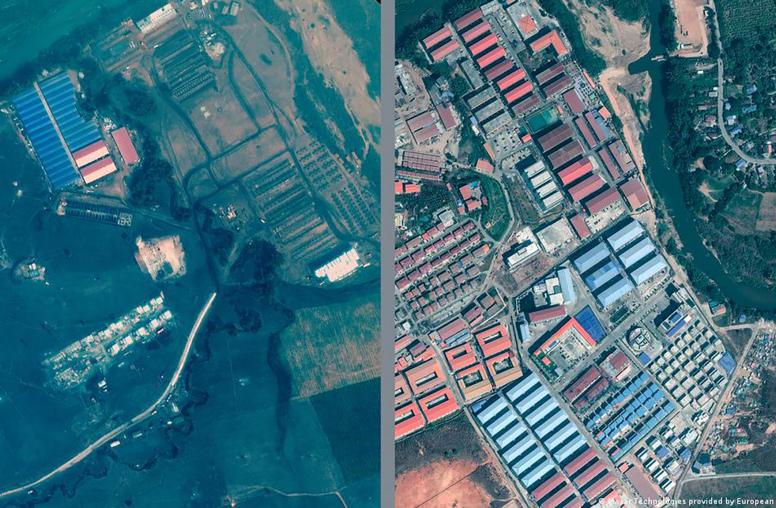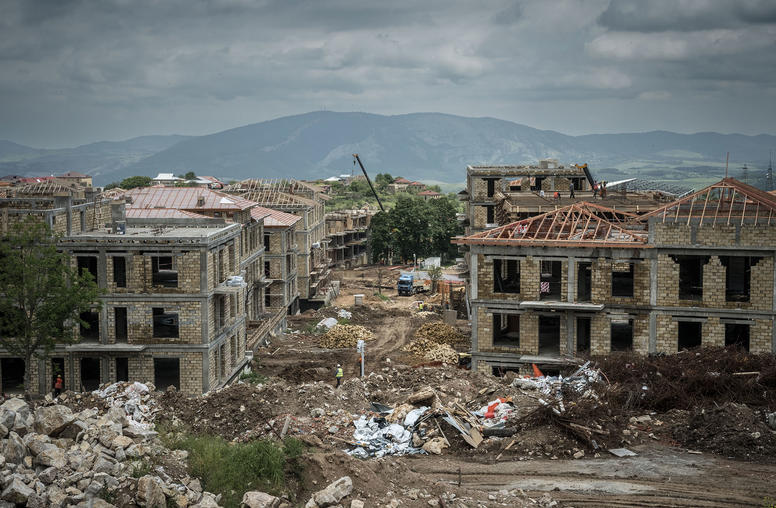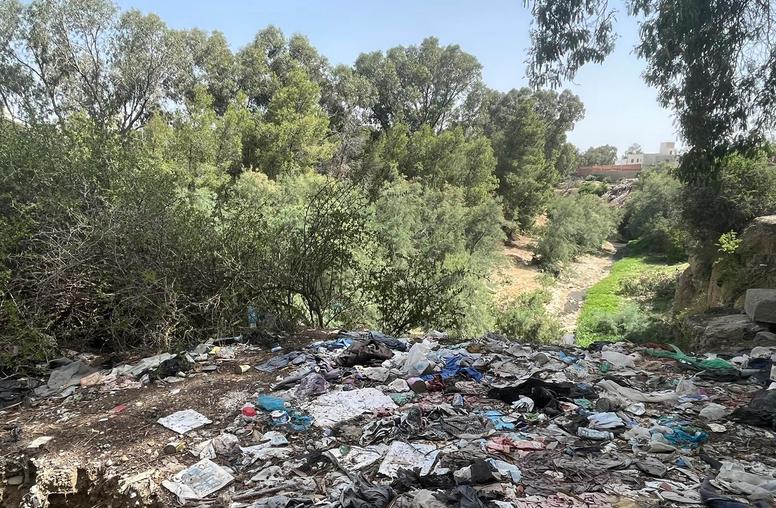 Democracy & Governance
Democracy & Governance
Democracy embodies responsive and responsible governance, rule of law, human rights, civic participation and peaceful transfers of power through electoral processes. Each of these underpins a peaceful and stable society. The U.S. Institute of Peace teaches democratic principles and democratization processes and techniques that are critical to both peacebuilding and effective governance. USIP seeks to strengthen governance by supporting inclusive, accountable institutions and a robust civil society. These in turn uphold human rights, justice and the rule of law, and promote public participation in social and political processes.
Featured Publications

Sri Lanka’s New President Faces Daunting Challenges and High Hopes
Two years after a seismic political and economic crisis rocked Sri Lanka and brought citizens to the streets in mass protests movements that ousted President Gotabaya Rajapaksa, Sri Lanka’s citizens went to the polls to cast their votes for a new president. On September 21, Sri Lankans elected the left-leaning Anura Kumara Dissanayake over established politicians including incumbent President Ranil Wickremesinghe and opposition leader Sajith Premadasa. Dissanayake’s election represents a clear break from Sri Lanka’s old guard political parties, but he will face similar challenges of navigating economic strain and a shifting geopolitical environment while working to deliver on election promises.

Nigeria at a Crossroads: Navigating Protests Amid Elections
Nigerians marked their 64th independence day on October 1 with widespread protests fueled by growing public anger over soaring inflation, worsening insecurity, ineffective governance and rising fuel prices. This marks the second time in less than three months that citizens have taken to the streets. In August, during the “10 Days of Rage,” the appearance of Russian flags and calls for military intervention distracted from Nigeria’s entrenched governance and economic crises — issues that continue to drive insecurity and demand urgent government action. The latest protests coincide with local elections, heightening pressure on the government to demonstrate a genuine commitment to addressing citizens’ concerns in a tangible, meaningful way.

Amid International Silence, Guinea’s Coup Regime Imperils Transition
Over the past three years, the Sahel and West Africa have seen an alarming number of military coups. With the region’s stability and security hanging in the balance, the international community has promoted peaceful democratic transitions (and found early success in Gabon). Meanwhile, coup regimes in countries like Burkina Faso, Mali and Niger — which recently formed the Alliance of Sahel States (AES) — have sought closer cooperation with China and Russia, prompting concern and dismay from supporters of democracy. Often lost in all this tumult is Guinea, which saw its own coup d’état in September 2021. Unlike some of its counterparts, the Guinean military has managed to avoid the attention, engagement or scrutiny of the West as it continues to entrench itself in power.
Current Projects

Transnational Organized Crime in Southeast Asia
Over the past decade, Southeast Asia has become a major breeding ground for transnational criminal networks emanating from China. USIP assembled a senior study group to assess one of the most pernicious aspects of such criminality: rapidly spreading, industrial-scale scam compounds that rely on forced labor lured from around the world. The senior study group convened four meetings to share research and information on the trends, dimensions and character of the criminal networks operating the scam compounds and developed recommendations for countering their malign effects.

Peacemaking in a Turbulent World: Lessons from Intrastate and Interstate Conflicts
Peacemaking in a Turbulent World answers the following central question: What lessons for effective management of intrastate conflicts emerged from the post-Cold War period that are relevant for managing contemporary conflicts which include intrastate, internationalized (featuring direct engagement by outside powers), and interstate conflicts?

Local Solutions for Tunisia’s Environmental Crises
In partnership with USAID, USIP is embarking on an innovative, experimental project that will support Tunisia’s local governments and civil society as they co-develop and implement solutions to environmental governance challenges that are exacerbating fragility and heighten ing exposure to climate shocks.